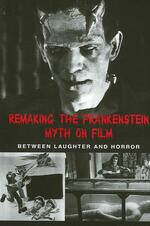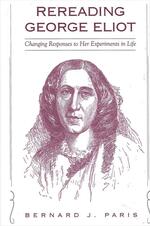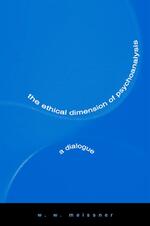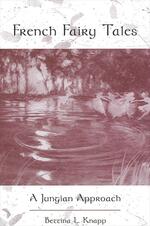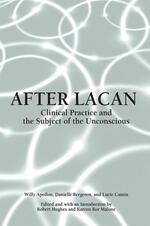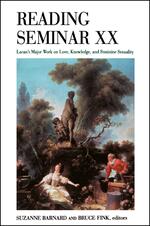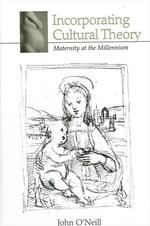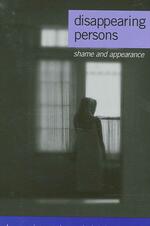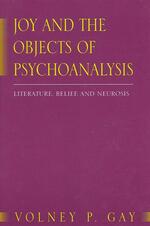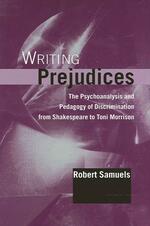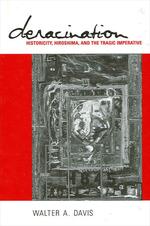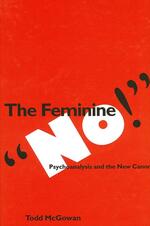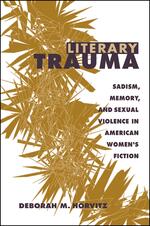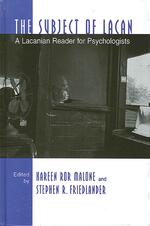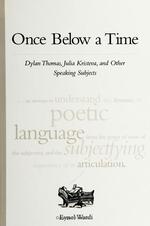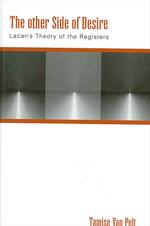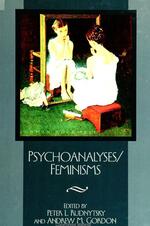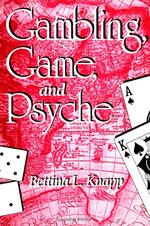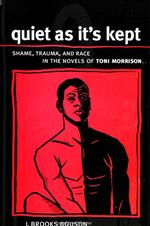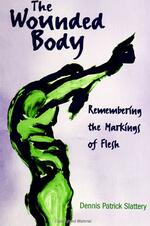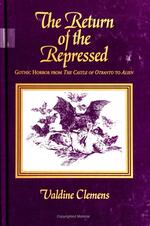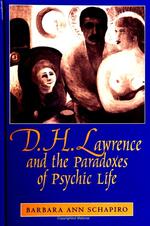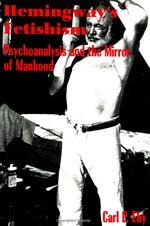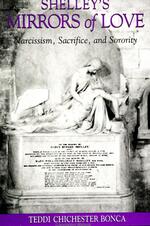SUNY series in Psychoanalysis and Culture
Remaking the Frankenstein Myth on Film
Explores how filmmakers and screenwriters have used comedy and science fiction to extend the boundaries of the Frankenstein narrative.
Rereading George Eliot
A noted Eliot scholar explores how we become different interpreters of literature as we undergo psychological change.
Signifying Pain
Explores the therapeutic uses and effects of writing in a post-Freudian age.
The Ethical Dimension of Psychoanalysis
Explores the contributions that psychoanalysis can make to the study of ethics, and vice versa.
French Fairy Tales
Offers an analysis of fourteen French fairy tales, from the medieval Romance of Mélusine to Jean Cocteau's film version of Beauty and the Beast, exploring their universal and eternal nature as well as their relevance to modern readers.
After Lacan
The authors use examples from their own clinical practice to explain the development of Lacanian theory.
Reading Seminar XX
Examines Lacan's key seminar on sexual difference, knowledge, desire, and love.
Incorporating Cultural Theory
Uses psychoanalysis to reconsider cultural studies with a focus on wholeness and integration.
Disappearing Persons
Investigates the psychocultural crisis confronting our increasingly appearance-oriented, shame-driven society.
Joy and the Objects of Psychoanalysis
Shows how literature can aid psychoanalysts in the understanding of psychological conflicts.
Writing Prejudices
Examines the manifestations of racism, sexism, and homophobia in the literary works of Shakespeare, Mary Shelley, Joseph Conrad, and Toni Morrison.
Deracination
Attempts to comprehend the traumatic significance of Hiroshima in order to construct a new theory of history.
The Feminine "No!"
Attempts to understand recent changes in the canon of American literature through the aid of psychoanalytic theory.
Literary Trauma
Examines representations of political, psychological, and sexual violence in seven novels by American women.
The Subject of Lacan
An accessible introduction to the psychoanalytic theories of Jacques Lacan, intended especially for American psychologists but useful to anyone interested in the work of this important thinker.
Once Below a Time
Offers a psychoanalytically enhanced theory of poetics through close readings of Dylan Thomas and Julia Kristeva.
The other Side of Desire
Explores Lacan's theory of the registers through readings of a wide variety of texts.
Psychoanalyses / Feminisms
Probes the complementary yet contested relations between psychoanalysis and feminism, emphasizing the plural nature of each.
Gambling, Game, and Psyche
The fate of the hero-gambler, as described by Dostoevsky, Balzac, Poe, and others, is the focus of this unprecedented exploration of gambling and the human psyche.
Quiet As It's Kept
Focuses on the role of shame and trauma as it looks at issues of race, class, color, and caste in the novels of Toni Morrison.
The Wounded Body
Explores the wounded body in literature from Homer to Toni Morrison, examining how it functions archetypally as both a cultural metaphor and a poetic image.
The Return of the Repressed
Examines the psychological, cultural, and political implications of Gothic fiction, and helps to explain why horror writers and filmmakers have found such large and receptive audiences eager for the experience of being scared out of their wits.
D.H. Lawrence and the Paradoxes of Psychic Life
Explores the multiple, often contradictory identifications and fantasies that distinguish Lawrence's fiction, casting fresh light on his relationship with women.
Hemingway's Fetishism
Demonstrates in painstaking detail and with reference to stunning new archival evidence how fetishism was crucial to the construction and negotiation of identity and gender in Hemingway's life and fiction.
Shelley's Mirrors of Love
Examines the myths and realities of narcissism in the life and work of Percy Bysshe Shelley, and explores how Shelley combated what he called “the principle of Self” by embracing the ideals of Christlike self-sacrifice and sisterly love.
